Apple's dominance in the enterprise mobility marketplace waned during the second quarter on a precipitous drop in tablet marketshare, the balance of which went to devices running Android and Windows, according to mobility solutions firm Good Technology.
In its most recent Mobility Index Report for the second quarter of 2015, Good found iOS accounted for 64 percent of all device activations on its network, down from 70 percent last quarter. Taking advantage of the situation was Android, which saw its marketshare jump from 26 percent to 32 percent over the same period.
Data suggests the shift is due in large part to a dramatic erosion of iPad's sector influence. Apple's tablet has for the last year been enterprise's go-to device, taking anywhere from 80 to 90 percent of activations per quarter, but that lead is being threatened by Android and Windows. Non-iOS platforms saw substantial gains as more businesses turn to slates as laptop replacements. Android share grew from 15 percent to 25 percent during quarter two, while Windows jumped from 4 percent to 11 percent over the same period.
In what could be framed as a bid to bolster enterprise marketshare, Apple is said to be working on a 12.9-inch iPad model, dubbed "iPad Pro," that some predict will be marketed toward business customers. With more screen real estate, users would be able run point of sale systems, enterprise-centric apps or jot down notes with a rumored Apple-branded stylus. In addition, the upcoming iOS 9 sports a number of iPad-only features that mimic desktop operation, such as split-screen multitasking, picture-in-picture video, a revamped soft keyboard and customizable keyboard shortcuts.
On a sector-by-sector basis, Apple's iOS continued to lead in regulated industries, taking 79 percent of public sector, 70 percent of healthcare, 65 percent of insurance and 63 percent of financial activations. Education was another strong point this past quarter, with Apple products accounting for 76 percent of all activated devices.
Android gained ground in a few categories and surpasses iOS for the first time in high-tech with a 53-percent marketshare. Google's platform also saw an uptick in energy and manufacturing, where its marketshare reached 48 percent and 42 percent, respectively.
Good Technology aggregated activation data from its global customer base of more than 6,200 organizations for its most recent study. The report notes BlackBerry products are not accounted for, as those devices operate solely on the company's closed Enterprise Server.
 Mikey Campbell
Mikey Campbell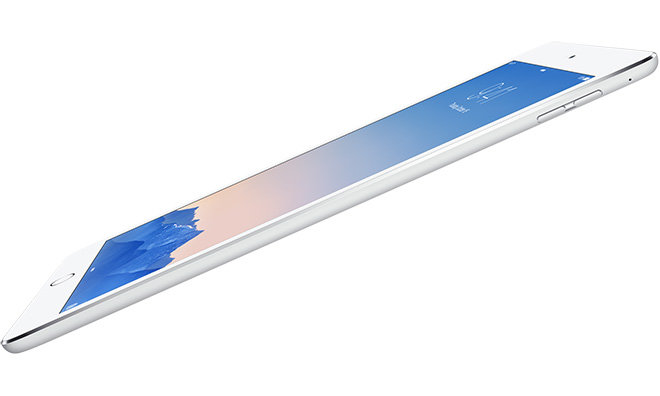

-xl-(1)-xl-xl-m.jpg)





-m.jpg)






 Wesley Hilliard
Wesley Hilliard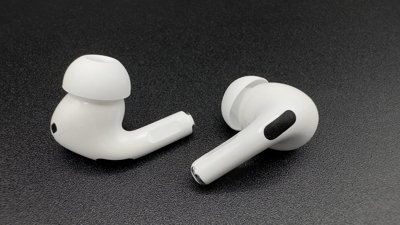
 Marko Zivkovic
Marko Zivkovic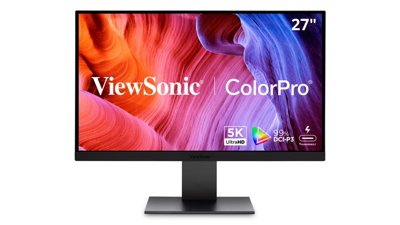
 Andrew Orr
Andrew Orr
 Malcolm Owen
Malcolm Owen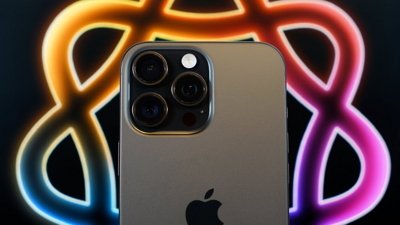

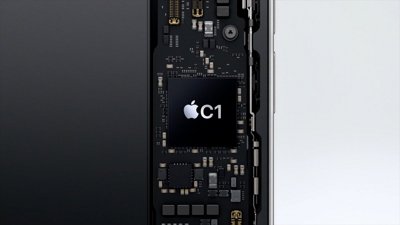
 Andrew O'Hara
Andrew O'Hara
 William Gallagher
William Gallagher






36 Comments
I think a lot will be about stronger app development. If the tablets are primarily being used as a lighter, cheaper replacement for a laptop (email, browsing the web...), then cheaper alternatives will make sense. But if there is better app development either company specific or for verticals, the benefit of the iOS platform will become more clear.
I use a lot more apps on my iPhone than my iPad, especially when it comes to web content. On a smartphone, browsing the web is no great experience, so using purpose built apps is common. But on an iPad, the web browsing experience is largely the same as using a laptop or desktop, so I find I am not using purpose built apps nearly as much for web based content.
Im sure this is what the IBM partnership is all about, and I would expect that Apple is working with larger corporations to kick start internal development for custom, secure apps.
I'm sure Apple is shaking in their NewBalances
This is concerning, considering that Apple only has enough money in the bank to run for the next twenty years or so without making a single dollar...
If true this has nothing to do with ecosystem and everything to do with price point.
SURE these devices are best in class with great hardware, software and battery life.
But here, have this 50$ shit-droid tabled with a resistive touchscreen. Just as good, right?
I don't think activations are that important, and at this point the install base Apple has makes this changes rather insignificant.